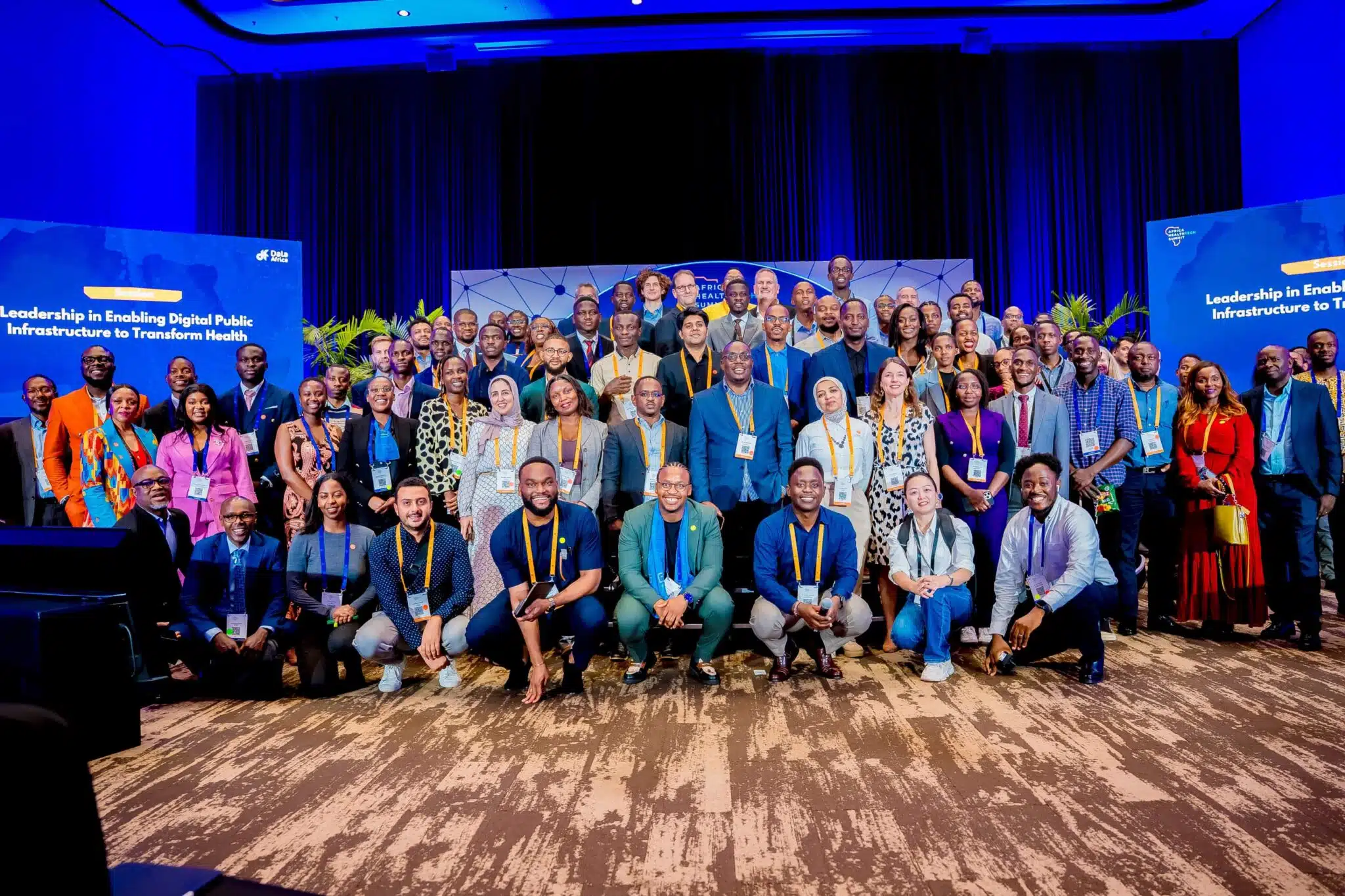Africa’s tech ecosystem has come a long way. From record-breaking startup funding to innovation addressing some of the world’s toughest challenges, the continent is proving its place on the global tech stage.
Even with this recent progress, outdated stereotypes still affect how people view Africa’s tech industry. As a result, the global perception of the continent’s tech ecosystem remains stuck in the past.
A recent report by Talking Drum Communications reveals a perception dividend gap. The report shows that while African innovations are real and their impact is significant, external audiences — media, stakeholders, investors, and policymakers — still lack a clear, accurate, or comprehensive understanding of the continent’s tech potential. This gap often leads to underestimation, misjudgment of risk, and missed opportunities.
The narrative of Africa as a digital backwater, where technology happens to people rather than because of them, continues to linger.
For decades, Africa has been viewed through a narrow lens, one that sees the continent as a recipient of aid rather than a hub of innovation. And while those on the ground know better, these misconceptions affect investor confidence, from who gets funded to how our stories are told and who gets to build, talents, customers, and policy support.
Here are some of the most persistent myths about African tech and the reality the world needs to catch up to.
“Africa is technologically backwards.”
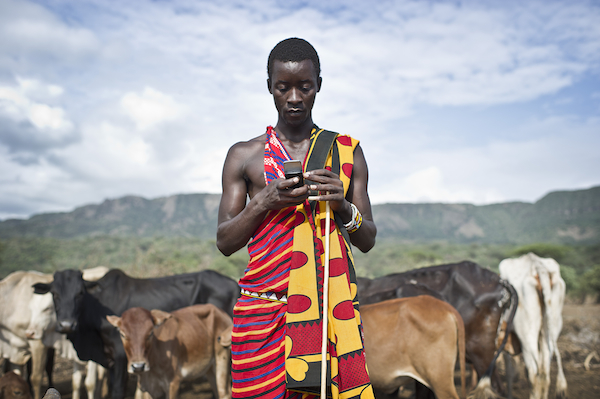
This may be the most outdated myth: the idea that Africa is disconnected from the digital revolution. Africa is supposedly a place where access to the Internet is scarce and innovation is virtually non-existent.
In reality, the continent has made significant leaps in several areas. Africa represents 17% of the world’s internet users, with countries like Morocco boasting an Internet penetration rate of over 92% and Nigeria having a mobile penetration rate of over 85%. Countries like Kenya are globally recognised for their fintech innovation.
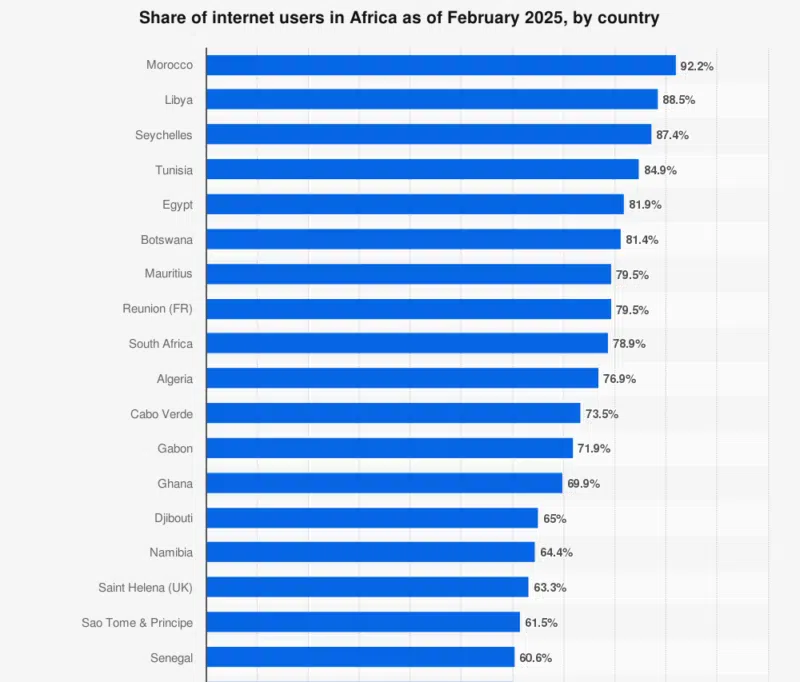
Beyond that, Africa is home to multiple unicorns like Moniepoint, MNT-Halan, and Wave, standing shoulder to shoulder with global peers. Solutions like Kenya’s M-Pesa have transformed the conversation around mobile money in Africa, inspiring fintech models now adopted worldwide.

Victoria Fakiya – Senior Writer
Techpoint Digest
Stop struggling to find your tech career path
Discover in-demand tech skills and build a standout portfolio in this FREE 5-day email course
The assumption that innovation happens to Africa, not in Africa, is wrong. The truth is innovation is being built in Africa, not just imported to it.
“If it’s built in Africa, it is not scalable.”
There’s a persistent assumption that tech built in Africa is only suitable for local use and cannot thrive globally. However, companies like Flutterwave, Kobo360, MNT-Halan, Tyme Bank, and Moove have all scaled across borders, proving otherwise.
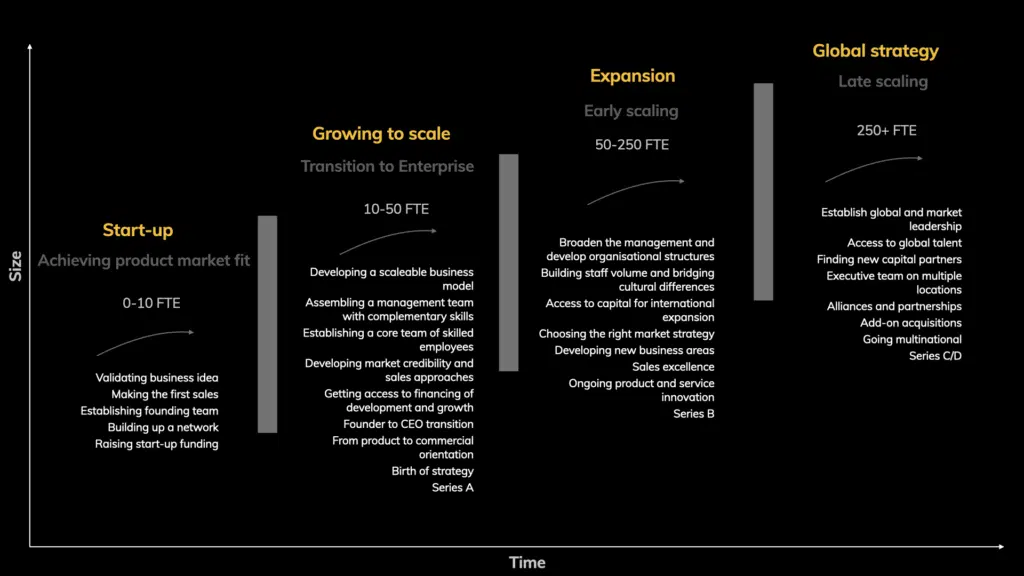
Scalability is not just about where something is built; rather, it is about whether the problem is global and if the solution is available.
African startups are addressing issues in cross-border payments, logistics, e-commerce, and healthcare; their models are not only scaling but are also setting new standards.
“Africa is only about mobile money.”
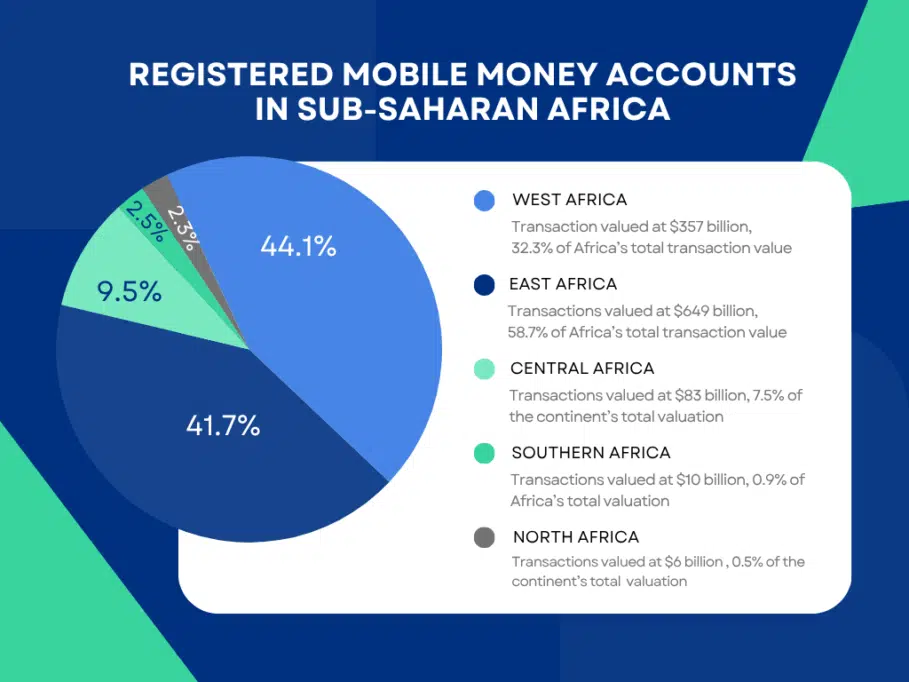
Mobile money is undoubtedly one of Africa’s greatest technological success stories. The continent currently leads with 1.1 billion registered mobile money accounts and $1.1 trillion in transactions. This amount is more than half of the total mobile money transactions worldwide, according to the GSMA’s State of the Industry Report on Mobile Money 2025.
However, reducing the continent’s innovation to just M-Pesa and its counterparts is like saying the Silicon Valley is only about Facebook.
African startups are exploring blockchain, AI, agritech, and edtech, among others, and are thriving in these sectors.
Ghanaian edtech platforms teach STEM in local languages, and South African companies train AI models with African data. Startups are also making strides in clean energy, healthtech, and even deep tech. The scope is vast, and the continent’s startup space is growing.
“There’s no infrastructure to support tech.”
While infrastructure gaps exist, African startups have long shown they can thrive in lean environments. Building for resilience has been a core strength and not a weakness.
Global companies are increasingly looking to African models for inspiration on doing more with less.
Maya Horgan Famodu, Founder of Ingressive For Good, tells Techpoint Africa that African founders are resilient, adaptable, and can develop innovative solutions in challenging environments, a trait that Western founders may lack.
“African founders often bring fresh perspectives to old problems. They’re not bound by ‘This is how it’s always been done’ thinking. They’re building solutions for the future,” she says.
The myth that “Africa waits for better infrastructure” before it can innovate ignores the real progress being made and the unique models of efficiency the continent is developing.
“Africa is one big market; what works for one, works for all.”
Too often, Africa is viewed as a monolith. But what works in Lagos doesn’t always work in Nairobi, let alone Abidjan or Luanda. From regulatory frameworks to vastly different consumer habits and expectations, Africa is a continent of 54 countries, each with its nuances.
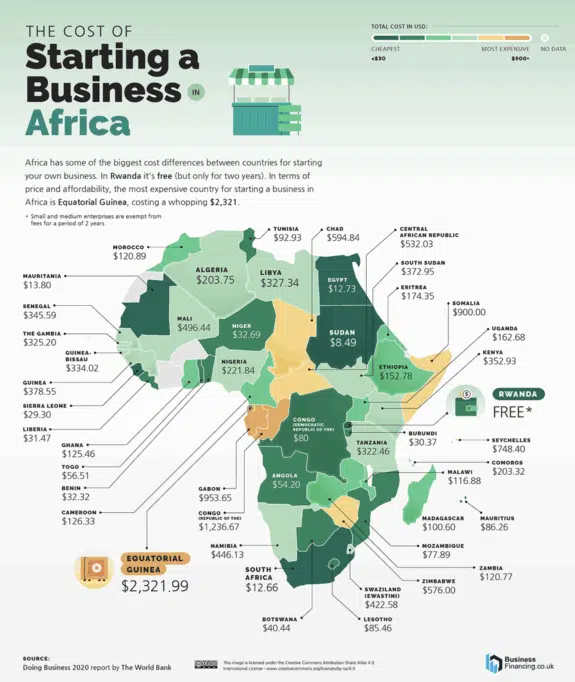
Uber learnt this the hard way when it suspended its operations in Tanzania after failing to adapt to local realities. Treating Africa as a single market is not just lazy; it is bad business.
“Multi-country scaling is very difficult in Africa for obvious reasons. That is why we haven’t seen a lot of successes. We’ve seen pockets of folks do it, but you go and look under the hood, and you find out that it is 80% in one market and everything else is 20%.” Bunmi Akinyemiju, CEO of Venture Garden Group, previously told Techpoint Africa.
Understanding and embracing this diversity is key to success, whether it is building a startup or investing in one.
“Without foreign capital, African startups can’t grow.”

Western capital has undoubtedly played a significant role in Africa’s tech boom, but this has created a false narrative that African innovation is only valid when it gets a foreign stamp of approval.
A new wave of African-led funds, diaspora angel investors, and regional corporate backers is changing that narrative.
Founders are becoming intentional about their funding sources, and local capital is growing in influence.
How African startups can take control of their story
Beyond solving critical problems, African tech companies must learn to own their narratives. Compelling storytelling is one of the most powerful, underutilised assets available today.
“The most innovative companies in Africa — and around the world — don’t just build great products; they build belief. They understand that no matter how powerful their technology or how scalable their model, it’s the story they tell — and how consistently they tell it — that drives trust, attracts capital, and opens doors to new markets,” affirms Olugbeminiyi Idowu, Founder and Managing Director of Talking Drum Communications.
According to McKinsey’s Reimagining Economic Growth in Africa [PDF], “international investors and partners often lack confidence in African markets – not due to poor performance, but because of limited visibility, fragmented information, and deep-rooted biases.”
Even high-performing startups are frequently undervalued, misunderstood, or simply overlooked, as global stakeholders struggle to differentiate between regions or sectors and often rely on outdated narratives about risk, instability, or fragility.
Companies like Zipline and Duplo are embedding PR, brand journalism, and executive communications into their core growth strategy. Businesses that fail to craft compelling public narratives often struggle to win regulatory backing, enter new markets, or shape category definitions
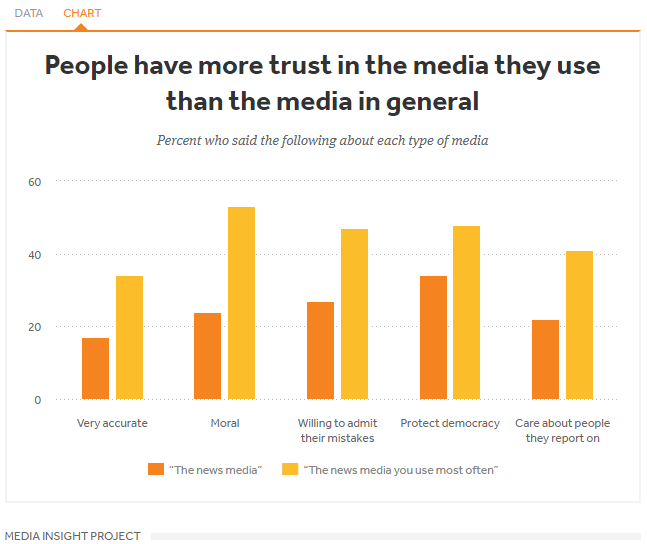
A 2021 report by Village Capital noted that communications is among the most underfunded areas for African scale-ups, trailing after talent and product development. Many startups either neglect it or assign it to multitasking team members with no prior training.
The most forward-thinking companies are bridging the gap these perceptions created by producing and distributing their own content — blogs, podcasts, videos, newsletters, and founder letters — tailored to both international audiences.
Finding the balance between global ambition and local authenticity is key to changing the narrative.
The reality is that Africa is not waiting for the world to catch up. Its innovators are building for their communities and beyond, with creativity, grit, and global ambition.
The world’s old assumptions are no longer outdated; they’re obstacles to progress.
If global investors, media, and policymakers want to be part of Africa’s next chapter, they’ll need to leave the tired narratives behind. The continent’s tech ecosystem is not just rising; it is building for the future.





